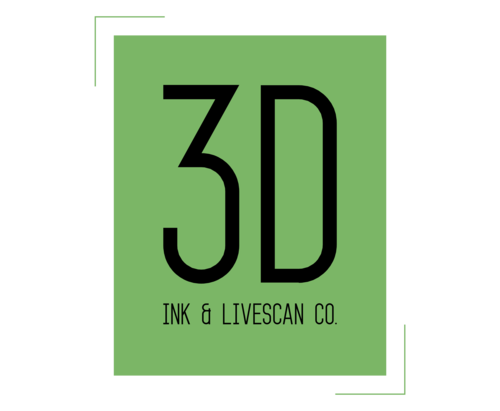Frequently Asked Questions
What Is An Apostille?
An apostille authenticates the seals and signatures on public documents (i.e., birth/death certificates, marriage licenses, estates) for legal use in the 120 countries party to the Hague Apostille Convention of 1961*.
The Apostille Convention created a more streamlined international process for safeguarding against fraudulent public documents.
An apostille, which can be either a seal or a separate piece of paper attached to the original document (called an "allonge"), does not indicate the record is accurate, only that the signatures are valid.
An apostille certifies:
🟢The signature (s) of a public official (s)
🟢The capacity in which the public official acted
🟢If necessary, the identity of the seal or stamp on the document, i.e., a notary public seal.
You will need an apostille if all of the following apply:
✅The issuing country is a part of the Apostille Convention
✅The country where the document is required to the Apostille Convention
✅The law of the issuing country considers it to be a public document
✅The country where the document requires an apostille
The "ABC's of Apostilles" PDF (on the convention's official website) recommends checking with the proper officials ahead of time since there may be amendments or exemptions on the apostille requirement.
If a country is not part of the Apostille Convention, official documents will require an Authentication Certificate.
Canada, for instance, is not a signatory and requires two certifications of its public documents ( from the Canadian Ministry of Foreign Affairs and the consulate of the receiving country).
The best recommendation is to inquire about your options with the Embassy or Consulate of the country where you wish to use the document.
* Hague Convention Abolishing the Requirement of Legalisation for Foreign Public Documents
Who issues apostilles?
A common question then becomes,
"Can a notary issue an apostille?". Unfortunately, the answer is, no, a notary public cannot issue an apostille.
Under the terms of the Apostille Convention Treaty, an apostille can only be issued by a "Competent Authority. Some countries have one "Competent Authority" listed while others have several.
In the United States., An apostille is issued by the Secretary Of State of the original document.
The apostille validates the notarization. This process offers layers of validation.
Federal documents will be processed by the Federal Bureau of Investigation (FBI).
According to the U.S. Department of State – Consular Affairs, documents must be apostilled by the U.S. Department of State if signed by the following:
✅U.S. federal official
✅U.S. consular officer
✅A judge advocate (10 USC 1044a)
✅A foreign consul diplomatic official registered with the U.S. Department of State Office of Protocol, or a military notary
I need an Apostille, Where do I start?
At 3D INK., we take the guesswork out of obtaining an apostille on your documents. Our trained and knowledgeable staff are available Monday-Saturday from 9:00am - 5:00pm to answer your questions and provide you easy to follow step-by-step instructions.
Do you provide both federal and state apostilles?
The answer is yes. Here are a few examples of the most common documents needing an apostille:
✅Document issued from the U.S. Federal Government (Example: FBI background check, Social Security (SSA), Certificate of Naturalization, Veterans Affairs, IRS, FDA, USDA, USPTO, etc.…) is processed directly from the U.S. Department of State in Washington, D.C. – Office of Authentications.
✅Birth/Death Certificates
✅Divorce Decrees
✅Judgments in state court cases
✅Marriage Certificates
✅Probate
✅Wills
✅Warrants
✅Deeds
✅Transcripts
Are a notary and apostille the same?
Obtaining an apostille sounds like the same process as notarization, which also serves to validate signatures as a safeguard against fraud.
Does that make an apostille the same as a notary?
No. Notarization is a process that involves a “notary public” official overseeing the signing of an official public document and placing a stamp or seal on it that authenticates the signatures.
Notarization is used strictly domestically.
An apostille verifies the notarization of public documents and is only needed for international use within countries that are party to the Apostille Convention of 1961.
The process of obtaining an apostille occurs after notarization (notarization is not required for some documents, so check with the proper officials).
